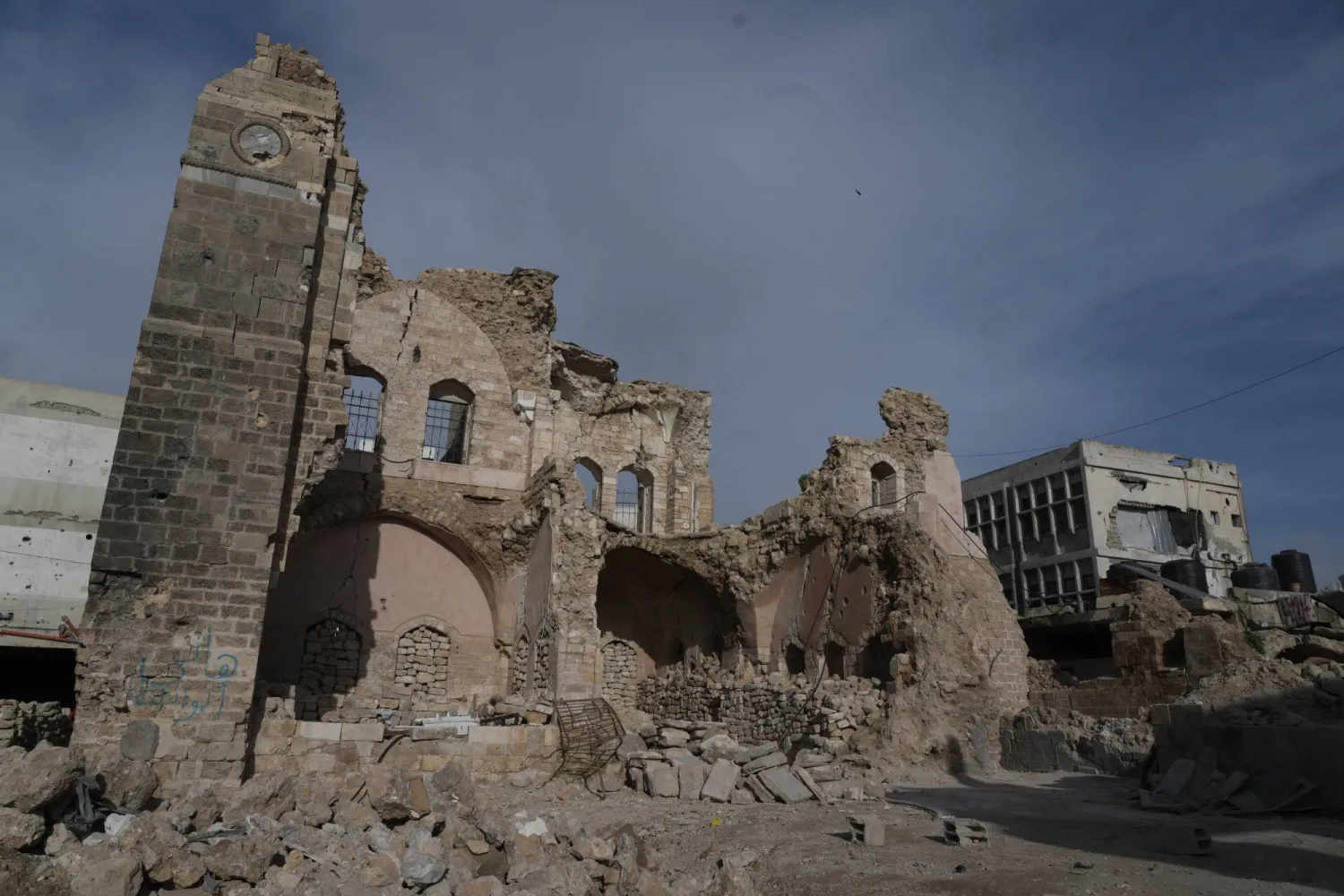For the past 17 years, much has been said about the need to restore the authority and dignity of the Iraqi state, but little has been done to that end. The battle started with the American invasion in 2003 and is ongoing with Iran and Turkey’s violations of Iraq’s borders and the so-called resistance axis, comprised of a number of pro-Iran factions that possess weapons outside the control of the state.
These factions have been operating in line with Iran’s agenda in Iraq, which has established a “deep state” in the country. The battle is imminent, but the question remains: who will deal the first blow?
All prime ministers who preceded current Premier Mustafa al-Kadhimi have avoided an open confrontation with the “outlaws”. Nouri al-Maliki was the exception when he waged an offensive in 2009 against the Sadrists in al-Basra and al-Amara. Kadhimi was appointed to his post with the pledge to Iraqis to hold early and transparent elections and with them, restore the dignity of the state.
Reverse equation
Kadhimi’s opponents, starting with the armed factions and the Fatah bloc headed by Hadi al-Ameri, expected the new premier to overlook the militias’ firing of Katyusha rockets against American targets in Iraq, whether at the US embassy in Baghdad’s Green Zone, the capital’s international airport or the Taji military base.
Kadhimi, however, proved them wrong. Soon after coming to office, he sought “strategic” dialogue with the Americans, which would include discussions on their troop withdrawal from Iraq. The militias, wary of both parties’ intentions, delivered their own message with the nearly daily launch of Katyusha rockets against US interests. Undeterred, the PM went a step further by ordering a raid against the Kataib Hezbollah militia, detaining several of its members, in what was seen as a precedent in the confrontation between the state and armed groups.
His attempt to restore the dignity of the state took a misstep when all but one of the detainees were released. Adding insult to injury were the freed members who trampled on posters of the PM and other officials soon after their release.
Kadhimi believes that such reactions are to be expected, given that he has taken the bold step to buck the trend of his predecessors and wage a head-on “grinding” confrontation against the militias. He is likely expecting more losses, even personal ones, in the future. The PM still holds many cards in the confrontation, significantly that one remaining detainee, who is seen as a hefty catch. The detainee can help lead authorities to the sources of the armament of the militias, allowing security forces the opportunity to shift tactics by focusing on the source, rather than raid the factions’ headquarters.
Big night The morning of June 26 was eventful for Kadhimi, who had a busy schedule. It culminated with a midnight raid by the elite Counter-terrorism Service against the Kataib Hezbollah headquarters. It was a bold step by the premier, whose government is barely two months old.
The premier may have been hasty in his move. Sunni member of the parliamentary security and defense committee Mohammed al-Karbouli told Asharq Al-Awsat that the confrontation with the outlawed armed factions and militias is “inevitable, but it requires means and mechanisms so that the state does not lose its dignity in the process.”
He remarked that the PM was dragging the counter-terrorism units into this battle. The units have presented major sacrifices in the battle against ISIS and it may not be wise to involve them alone in the confrontation with the factions, Karbouli warned. “Neither the units, nor Kadhimi are qualified now to take on this role.”
The PM may be headed towards two losses: waging a losing battle and failure to achieve victory, while also creating divisions within the state and military institutions, he added. The first step should be building a strong and unified military that is “completely loyal to the state” until the conditions are ripe to launch the confrontation.
Head of the Center for Political Thinking in Iraq, Ihssan Shmary told Asharq Al-Awsat that Kadhimi broke the mold by appearing “more committed in implementing his ministerial agenda, especially in regards to limiting the possession of weapons to the state.”
By waging a confrontation with the outlawed factions, he is demonstrating that he is acting away from political pressure and dictates, he added.
He warned that the raid will have “major political repercussions,” explaining that Kadhimi does not boast a political bloc. The factions do and they may come together to impede his government’s work. Moreover, the militias would have now realized that Kadhimi is not willing to turn a blind eye to their practices, which would give them the incentive to resolve their disputes and unite to confront this new challenge. Kadhimi will then have to focus on which approach to take, such as his ability to stall and garner political and popular support.












